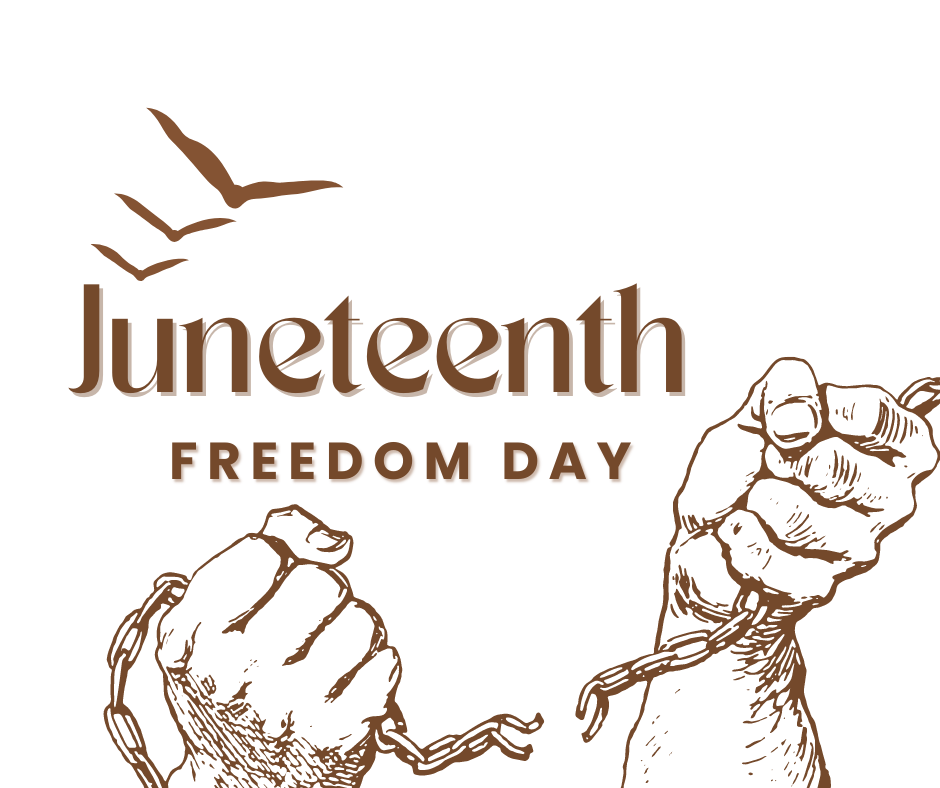Victorian Life
Happy Juneteenth!
There are many holidays in early summer, but perhaps the most meaningful is Juneteenth. Juneteenth celebrates our most precious – and often taken for granted – privilege – freedom.
The Emancipation Proclamation, issued on September 22, 1862 and placed into effect on January 1, 1863, called for immediate release of enslaved African Americans living in the Confederate states. This should have ensured freedom for all Black Americans , but for approximately 250,000 enslaved people living in the remote state of Texas, emancipation did not come. In fact, it did not come for another two and a half years.
It is unclear why it took so long for the news of the Emancipation Proclamation to reach Texas. Several scenarios have been put forth by historians. Some say that messengers were murdered en route to Texas to silence the news and benefit the slave owners. Others say that perhaps it was felt that it didn’t apply to such remote areas. Whatever the reason, Union General Gordon Granger seized command of Texas on June 19, 1865, two months after the end of the Civil War, issued General Order Number 3, and declared that all enslaved people would be freed immediately. The order advised the newly freed slaves to remain at their residences, and now work for wages at their former places of captivity. However, most decided to depart the area, which contained hateful memories. Some went to other former Confederate states looking for lost family, while others disbursed throughout the West and into the northern states. All were hopeful of finding a better life and better living conditions. As they traveled, the newly freed people told the story of learning of their new found freedom, and Juneteenth celebrations continued annually as a symbol of pride and the unbreakable spirit of Black Americans.
Annual celebrations are still carried on today featuring such staples as buttermilk cornbread, black-eyed peas, yams, collard greens, red barbeque, and red Juneteenth punch, or lemonade with strawberry syrup. The color red symbolizes sacrifice, power, and transformation , and honors the Yoruba and Kongo ancestors who brought the tradition to Texas. Some also say that it signifies the blood of the ancestors that never experienced emancipation. Modern celebrations may also feature red velvet cake, hibiscus tea , strawberry soda and red beans and rice.
In the early 20th century, Juneteenth celebrations became a joyous celebration and a unifying act of resistance against the brutalities of Jim Crow America. Now it should be a reminder that the best things in life are free, and that freedom to enjoy them are an American right.

